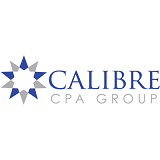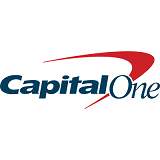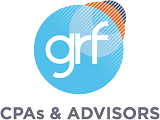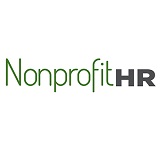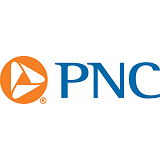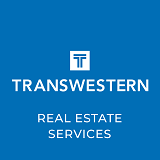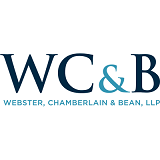
5 Tips for a Treasury Management Wellness Check
As we emerge from the pandemic, many organizations are taking stock of what they’ve learned since the onset of COVID-19 and considering how they should implement those learnings into their day-to-day operations moving forward.
Below are five tips for nonprofit organizations to conduct a treasury management wellness check and put in place some of the practices that were key over the past year:
- Pay attention to finance system hygiene. Review lists of vendors, donors, etc. and clean up or remove old records. Review your online system with your bank and delete profiles and access accounts for employees who are no longer with your organization, and ensure that you’ve updated your passwords recently.
- Educate teammates on fraud. From business email compromise to ransomware and cash flow scams, nonprofit organizations should be on the lookout for fraud. Reference this guide to help educate your employees (even those outside of the finance team) on how they can help to prevent fraud.
- Simplify the payment process. Make it as easy and frictionless as possible for donors and members to make payments or donations - whether it be from a mobile device, via text, or on their computers. Review solutions and ideas with your organization’s banking partners to understand if you’re offering all of the needed payment options to your membership/donors, or if they have suggestions.
- While you’re at it, simplify your organization's payments, too. Look for opportunities to remove paper from your processes and use streamlined electronic transactions wherever possible. This will help your organization stay organized, save time and money, and avoid possible postal system delays.
- Spend time on business resiliency planning. Make backup plans so that your organization is prepared for setbacks in the future. Consider how you will make payroll, opportunities to streamline cash flow, and adapt quickly in a changing environment like a natural disaster, public relations crisis or other major event. This resource has specific tips to keep in mind when building resilience into existing processes.
By Jenna Malanga, Treasury Management Consultant, Capital One Commercial Banking

These materials are for informational purposes only. These materials do not represent any opinion, guidance or recommendation, whether formal or informal, of Capital One, National Association, or any of its officers, directors, employees, advisors, attorneys, consultants, affiliates or subsidiaries (collectively, “Capital One”). Without limiting the generality of the foregoing, these materials do not represent legal advice or guidance by or from Capital One. In no event may the recipient of these materials rely on these materials for any purpose whatsoever. Nothing contained in these materials shall give rise to, or be construed to give rise to, any obligations or liability whatsoever on the part of Capital One. Nothing contained in these materials shall alter or modify, or be deemed to alter or modify, applicable law (including, but not limited to, the limitations under applicable law of Capital One's obligations and/or liability in applicable matters). The recipient of these materials should consult the recipient’s own counsel to understand the recipient’s obligations and liability in applicable matters.



